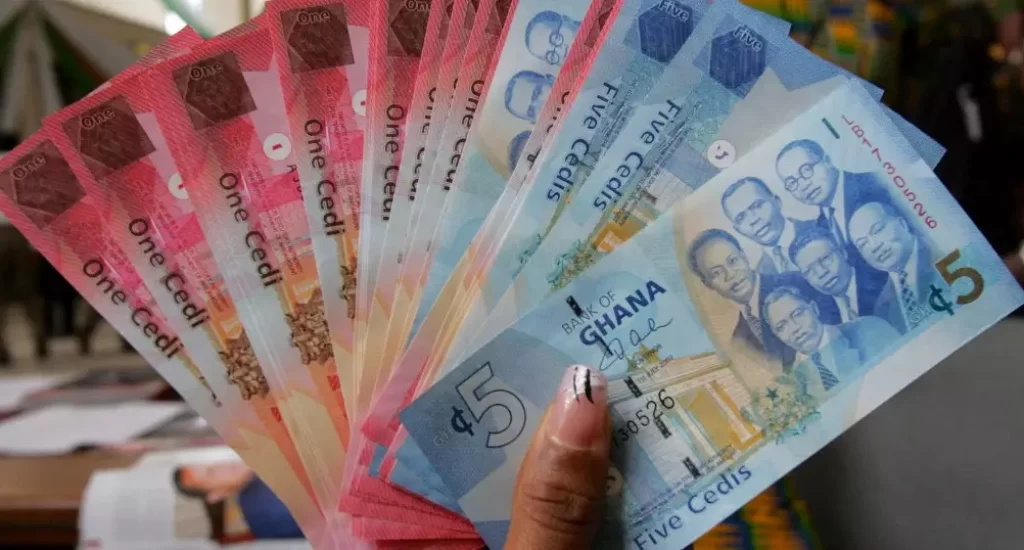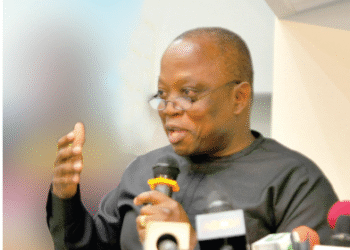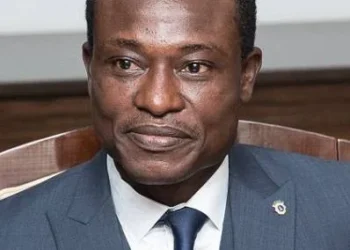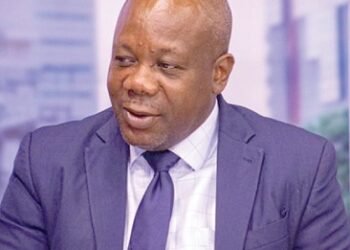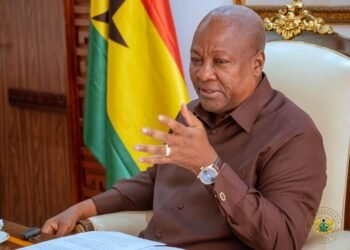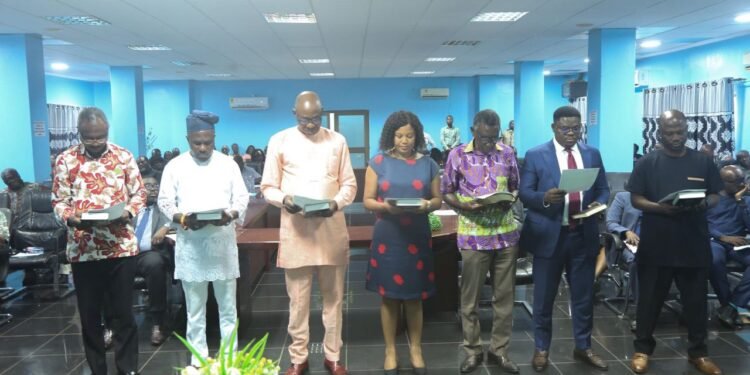Cedi Stability has become a hot-button issue as political parties trade accusations over the Ghanaian economy’s performance.
Economist and political risk analyst, Dr. Theo Acheampong, has waded into the debate, urging both the government and opposition to prioritize hard facts over partisan propaganda.
According to him, Ghana deserves better than divisive politics that reduce critical economic conversations to “infantile exchange rate politics.”
Dr. Acheampong expressed frustration over persistent attacks from what he described as a faction of the New Patriotic Party (NPP) attempting to drag him into political arguments.
“For weeks, they’ve tagged me, hurled insults, and peddled untruths in various posts. Frankly, many either don’t read or are driven by their own warped agenda.
“Let’s be clear: in May 2025, when the cedi appreciated sharply against the dollar, these same folks dismissed the gains, blaming ‘external factors’ like Trump’s tariffs. Yet I pointed out (with hard data) that while Kenya, Tanzania, and Uganda’s currencies weakened, Ghana’s cedi strengthened — and I explained why.”
Dr. Theo Acheampong
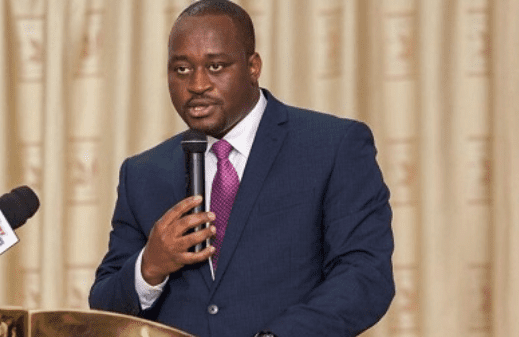
As such, he attributed this difference primarily to deliberate domestic policies rather than external factors.
According to him, strong domestic policy signals were the main drivers of the cedi’s performance, operating independently of the US dollar’s movement.
These measures included interventions by the Bank of Ghana, which may have sold some of its gold and other forex reserves to improve inflows and provide support for the cedi.
Currency Debate Gains Political Twist
Dr. Acheampong further pointed out that subsequent data from the Bank of Ghana, the Ministry of Finance, the IMF, and even President Mahama’s recent media briefing confirmed his earlier analysis.
However, he lamented that many political commentators continue to ignore these facts in favor of partisanship.
Despite the cedi weakening by roughly 13% in the third quarter of 2025, it has still managed to post a net appreciation of about 21% year-to-date.

This, he emphasized, is a rare achievement in a challenging global economic environment.
“An interesting question for the Bank of Ghana and Fiscal Authority is this: what is the equilibrium exchange rate of the USD-GHS that meets both import and export requirements, while supporting the long-term structural transformation of the Ghanaian economy?”
Dr. Theo Acheampong
According to him, there is no single “magic number.” Instead, the focus should be on creating a stable exchange rate band. This would make imports affordable, ensure non-traditional exports remain profitable, and maintain healthy reserve levels while driving down inflation.
Dr. Acheampong recommended targeting a Fundamental Equilibrium Exchange Rate (FEER) or Desired Equilibrium Exchange Rate (DEER) framework.
Under this model, the current account deficit should shrink to less than 3% of GDP, foreign reserves should cover at least 4.5 months of imports, and the tradable goods sector must remain competitive.
Based on his own analysis, he proposed a working exchange rate band of GHS 12–14 per USD, which he believes would anchor long-term economic stability over the next one to two years.
This projection assumes continued disinflation, adherence to the IMF program, modest forex interventions by the central bank, stable cocoa and gold production, and growth in foreign direct investment and non-traditional exports.
Rejecting Partisan Point Scoring On Cedi Stability
Dr. Acheampong made it clear that his position is rooted in years of experience, having closely tracked Ghana’s economic policies since 2009.
He reiterated his commitment to fact-based discussions rather than political battles between the ruling National Democratic Congress (NDC) and the opposition NPP.

“Some of us are not interested in NPP-NDC bickering. We are interested in facts, and nothing else.”
Dr. Theo Acheampong
He issued a strong warning to those engaging in misinformation and personal attacks, stating that anyone who approaches his platforms with “insults or ignorance” will be blocked or unfriended.
The economist emphasized that the exchange rate should be seen as a tool rather than a political trophy.
Its true purpose, he explained, is to promote competitiveness and stability in the economy, ensuring sustainable growth and prosperity for Ghanaians.
As political parties continue to debate the performance of the cedi, Dr. Acheampong’s message is clear: data-driven decisions must replace partisan noise if Ghana is to achieve lasting economic transformation.
READ ALSO: African Creatives Urged To Think Bigger Than YouTube

